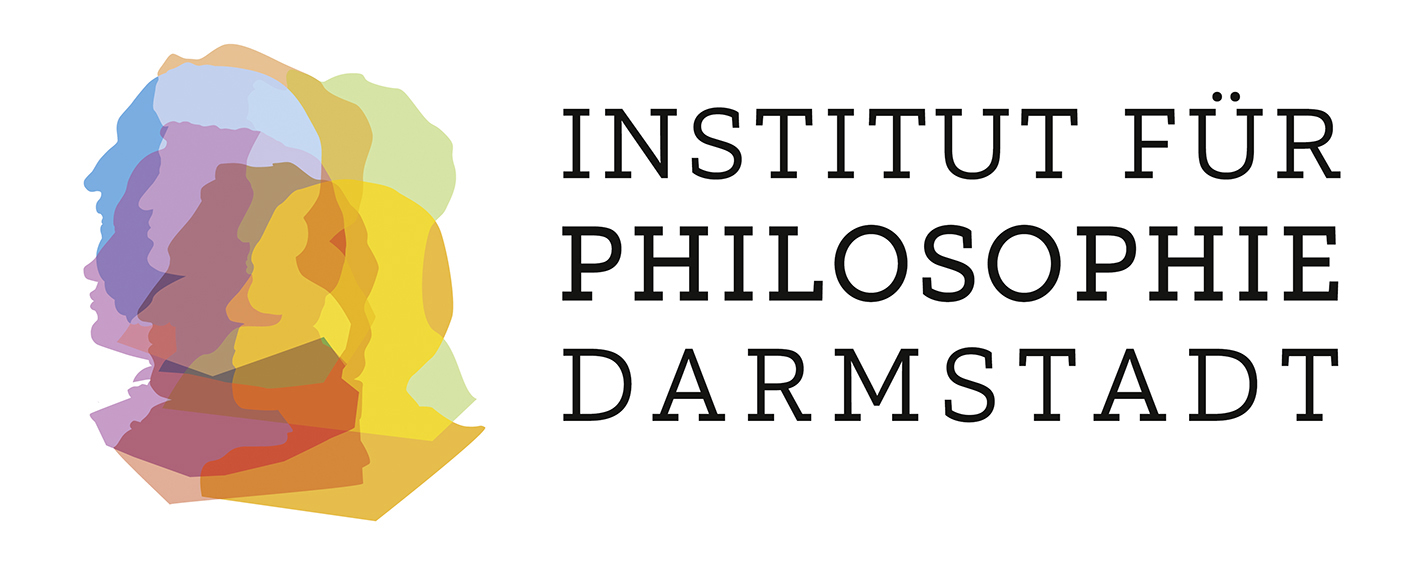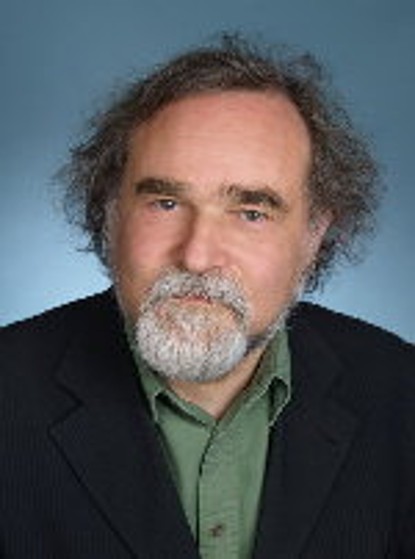Table of Contents / Links for full-text downloads
- The Language and Poetics of Machines – Editorial Introduction
- Deng, P. and Liggieri, K.
- The Gendered Language of Technology
- Liggieri, K. and Kurz, L.
- The Dialectics of Labour, Machinery, and Capital – An Interpretation Centered on Marx's Notes on Johann Beckmann II and Capital
- Zhang, F., Wang, Y..
- The Language of Machines from Baroque Automata to Digital Hybrids: The Poetics of Technological Evolution
- Markov A.V. and Sosnovskaya, A.M.
- Scientific Restoration of Polytechnic Heritage: The Case of the Franz Reuleaux Collection
- Kotelnikov, P. and Kurakov, S.
- Avantgarde Machines: On the Integration of Technology and Art
- Lobatyuk, V.V.
- Soft and Hard Hermeneutics of Science and Technologies
- Frolov, K.
- Electronic Fuji and Artificial Intelligence Creation: How is the Study of Machine Poetics Possible?
- Liang, S.
- The Machines – Poem and Comment
- Gustafsson, L., transl. by Irons, J.
- The Machines and Beyond
- Gammel, S..
- Remarks on Gustafsson's 'The Machines' – Hermeneutics of Machines
- Liu, A. W.-K..
- Language after the Human – A Distant Echo to Lars Gustafsson's 'The Machines'
- Vida, K..
Contributed Papers
- Measuring Digital Competence for EFL Education in Vietnam
- Nguyen, Q.N., Nguyen, N.P.D.
- Material Agency, 4E Cognition, and Kant's Invisible Printing Press: Regarding Foucault's Trip to Iran
- Perlman, D.











































